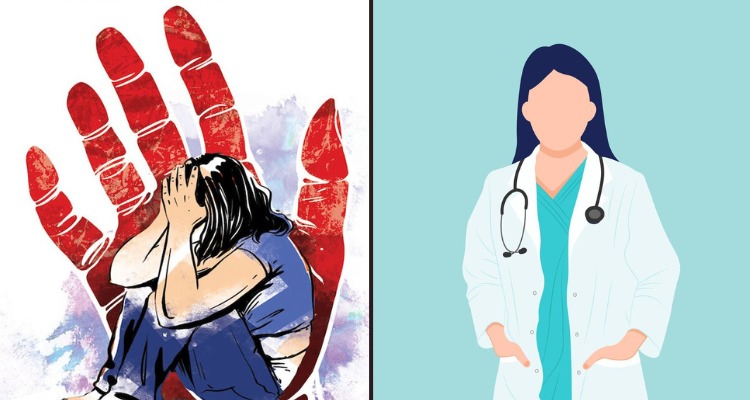
The Karnataka High Court has called on the Central government to amend Section 184 of the Bharatiya Nagarik Suraksha Sanhita (BNSS) to ensure that adult rape victims are examined exclusively by female doctors, thereby protecting their right to privacy.
Justice M.G. Uma instructed both Central and State governments to ensure that, until the amendment is enacted, medical examinations of rape victims are carried out by or under the supervision of a female registered medical practitioner.
Additionally, the court directed authorities to educate and sensitize stakeholders-including police officials, prosecutors, doctors, medical personnel, and judicial officers-about the importance of handling rape victims with sensitivity.
In rejecting the bail application filed by Ajay Kumar Bhera, accused of rape and attempted murder, the court referenced medical records indicating that the victim had injured Bhera during the incident, corroborating her account. Justice Uma stated that the evidence suggested Bhera’s responsibility for the crime and denied his bail request due to the serious nature of the offence.
The court highlighted that a male medical officer conducted the victim’s medical examination, which lasted about six hours without providing any explanation or opinion. Emphasising the need for victim-friendly examinations, the court noted that rape victims have a right to privacy that should be respected by police and medical personnel.
Section 164-A of the CrPC (Code of Criminal Procedure), which allowed examination by any registered medical practitioner, has been replaced by Section 184 of the BNSS. The court criticised the unchanged provision, stating it causes significant injustice and embarrassment to sexual assault victims. Female accused have privacy rights under Section 53 of the CrPC (now Section 51 BNSS) which, the court said, should logically extend to victims as well.
The court urged the Additional Solicitor General of India and the State Public Prosecutor to advocate for amending Section 184 of the BNSS and to educate all relevant parties. It also emphasised the need for regular sensitisation of judicial officers and accountability measures for any lapses.
Additionally, the court observed that the hospital’s report was illegible, stressing that medical reports are frequently referred to by investigators, prosecutors, defense lawyers, and courts. It directed hospitals and medical practitioners to provide computer-generated or clearly written medical reports.




